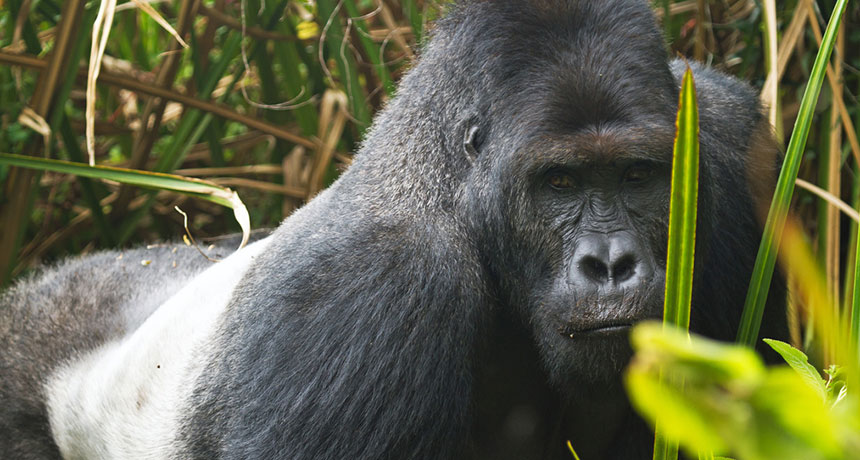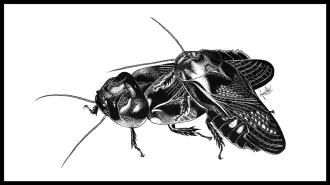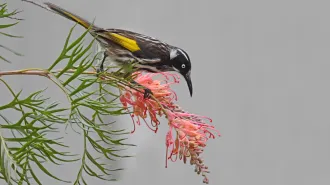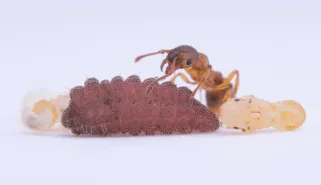Ecotourism could bring new dangers to animals

People can get close to gorillas in Kahuzi-Biega National Park in the Democratic Republic of Congo because the animals are habituated to humans. That could make them vulnerable to poachers. Ecotourism could bring such dangers to other creatures, a new study warns.
jpmckenna - What Next????/Flickr (CC-BY 2.0)






